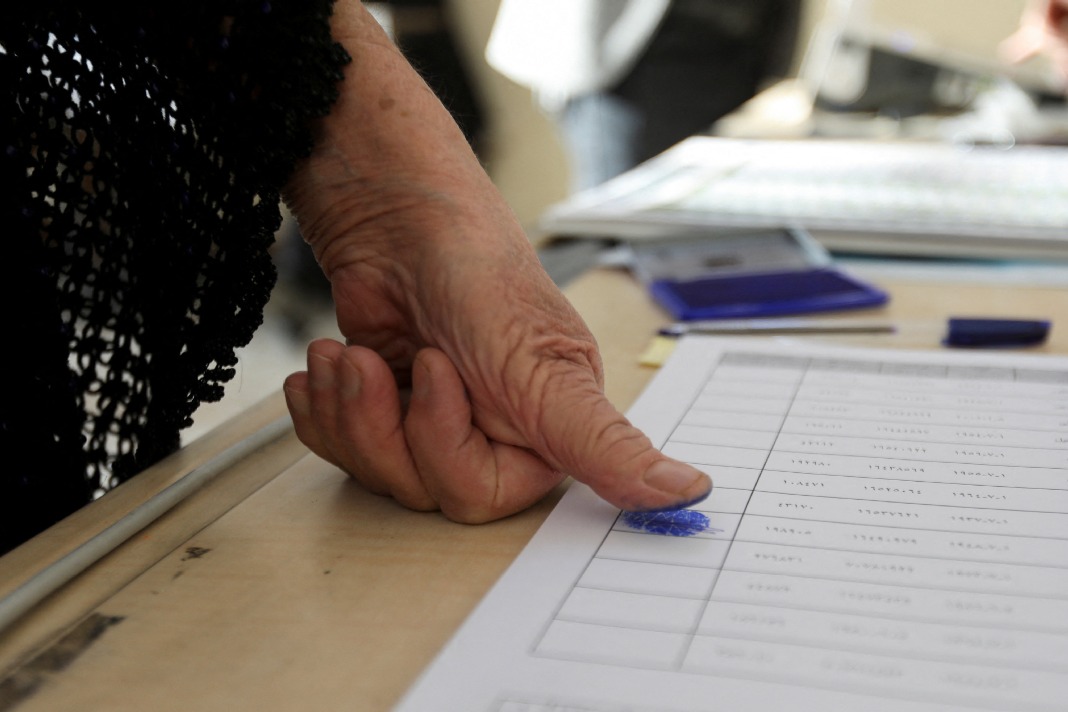China-Norway foreign ministers pledge openness and cooperation in Beijing

China and Norway have agreed to jointly uphold multilateralism and free trade, and work together to tackle global challenges such as climate change.
The consensus was reached on Tuesday in Beijing during talks between Foreign Minister Wang Yi and his Norwegian counterpart Espen Barth Eide.
Both sides agreed to maintain close exchanges at all levels, enhance synergy between their development strategies, and expand mutually beneficial cooperation in areas such as trade, ocean economy, green transition, and innovation.
They also pledged to maintain openness and cooperation, create a stable business environment for enterprises, and strengthen dialogue to promote sound, stable and sustainable development of relations between China and the European Union.
Wang described Norway as an important and stable partner for China in Europe, expressing hope that Norway will continue its positive, pragmatic and rational policy toward China and help deliver new progress in bilateral ties.
He said the world is undergoing accelerating turbulence and transformation, with unilateralism and protectionism posing serious challenges to the international and rules-based order.
China stands ready to work with Norway to resist attempts at decoupling and severing supply chains, Wang added, instead cooperating to promote a more just and equitable international system, and contributing to global peace, stability, and prosperity.
Eide said Norway attaches great importance to developing relations with China and firmly adheres to the one-China policy. He noted that China has made remarkable achievements in green transition and contributed significantly to helping other developing countries in achieving green transformation.
Norway, he said, maintains a zero-tariff policy for Chinese electric vehicles and keeps its market fully open to them. Norwegian companies are optimistic about China's market and look forward to expanding investment and cooperation in the country, he added.
The two sides also exchanged views on the latest developments in the Middle East. They welcomed the ceasefire in Gaza, the release of hostages and detainees, and the improvement of humanitarian access, emphasizing the key role of the United Nations and the importance of adhering to humanitarian principles.
Both sides agreed that all parties should effectively implement the ceasefire agreement, and that the international community — especially countries with influence over the parties to the conflict — should provide necessary support to achieve a comprehensive and lasting ceasefire.
The two ministers stressed that the Palestinian people should play a leading role in all issues concerning their future and destiny.
They also expressed concern over Israel's continued settlement expansion in the West Bank and East Jerusalem, which has been deemed illegal by the UN Security Council and the International Court of Justice. Both sides agreed on the need to support the Palestinian Authority in strengthening its governance and administrative capacity.
They underlined that the Gaza ceasefire must be linked to a political process aimed at implementing a two-state solution, enabling Israelis and Palestinians to live together in peace, security, and dignity.
The two ministers also discussed other pressing issues in the Middle East and exchanged views on the Ukraine crisis and other issues of common concern.






























